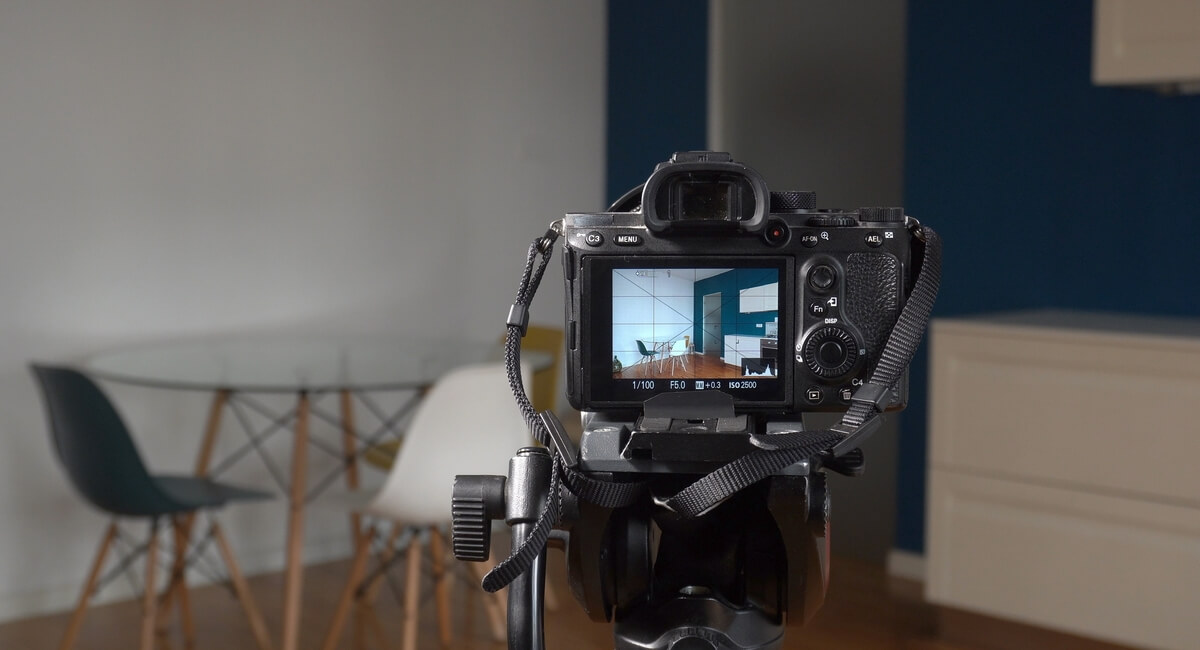When done effectively, home staging is one of the best strategies you can use as a seller. Staging is the process of cleaning, organizing, and decorating your home so that it appeals to a wide range of buyers. This can result in more offers, higher offers, and a faster selling time.
Staging your home can be hard work, so it’s important that you direct your time and energy to the right tasks. The following are some key “dos and don’ts” of home staging to help you make the best first impression on potential buyers:
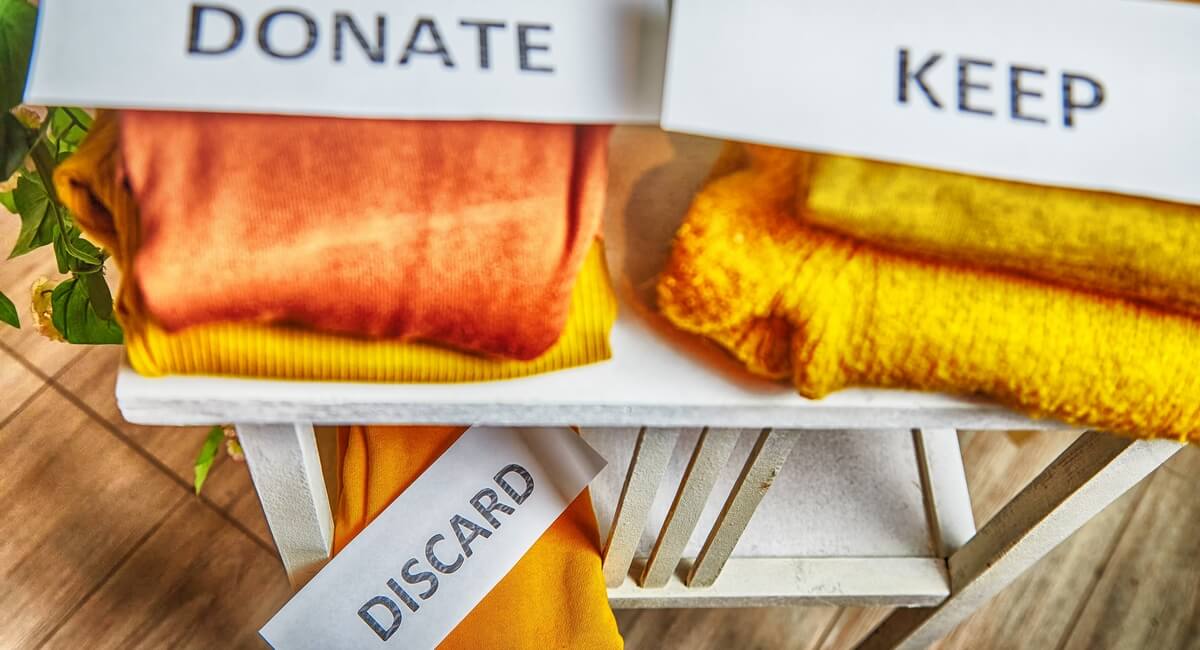
Do: Remove Clutter
A staged home should be perfectly clean and organized, so decluttering is your first step. Removing excess items will make your house look more spacious and inviting. Consider renting a storage unit for your belongings while you show your home, or use this opportunity to donate or throw away unneeded items before you move. You may also want to remove some of your furniture to help your home look even bigger.
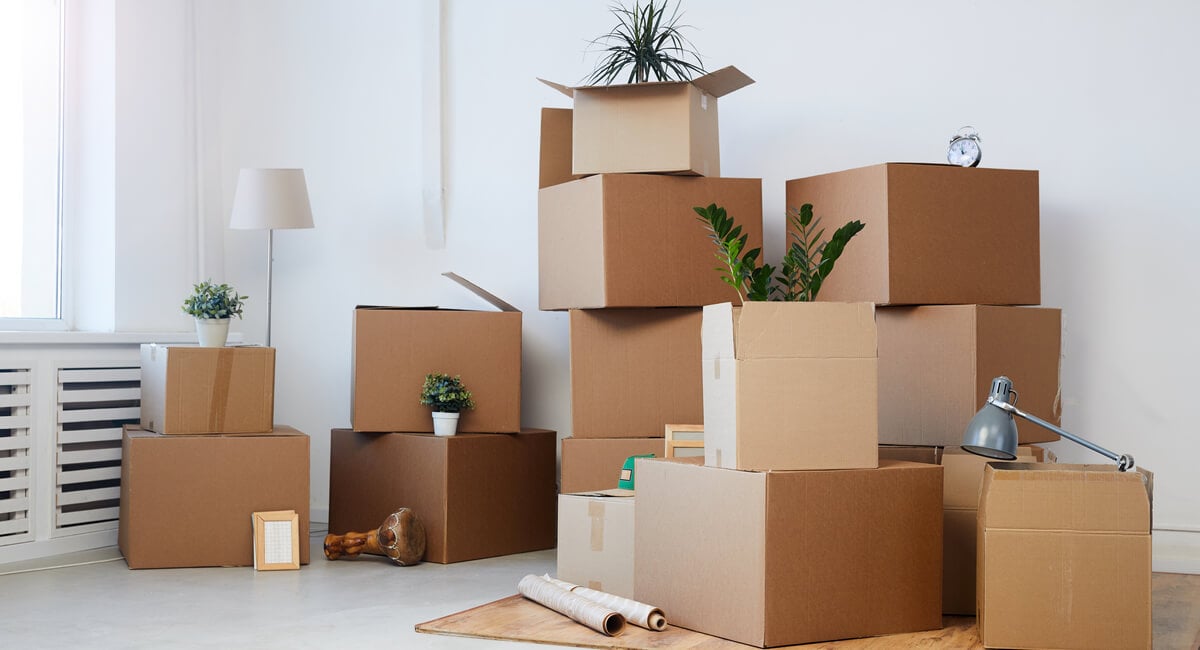
Don’t: Store Clutter in the Garage or Attic
You may be tempted to store your belongings in the attic, basement, garage, or other storage spaces when decluttering. However, potential buyers will almost definitely look in these spaces. Although basements and attics provide great storage, filling them with furniture or boxes will make them appear smaller. Try to keep the storage areas of your home as empty and open as possible to showcase them to buyers.

Do: Add as Much Light as Possible
Natural light can make any room look better. Before showings, open all the blinds and curtains throughout your house. If trees or shrubs outside block the light from entering your home, consider removing them. In addition to letting the sunlight in, you can also brighten up your house by dusting off the light bulbs. If any rooms still seem dim or dull, add some floor lamps or string lights.
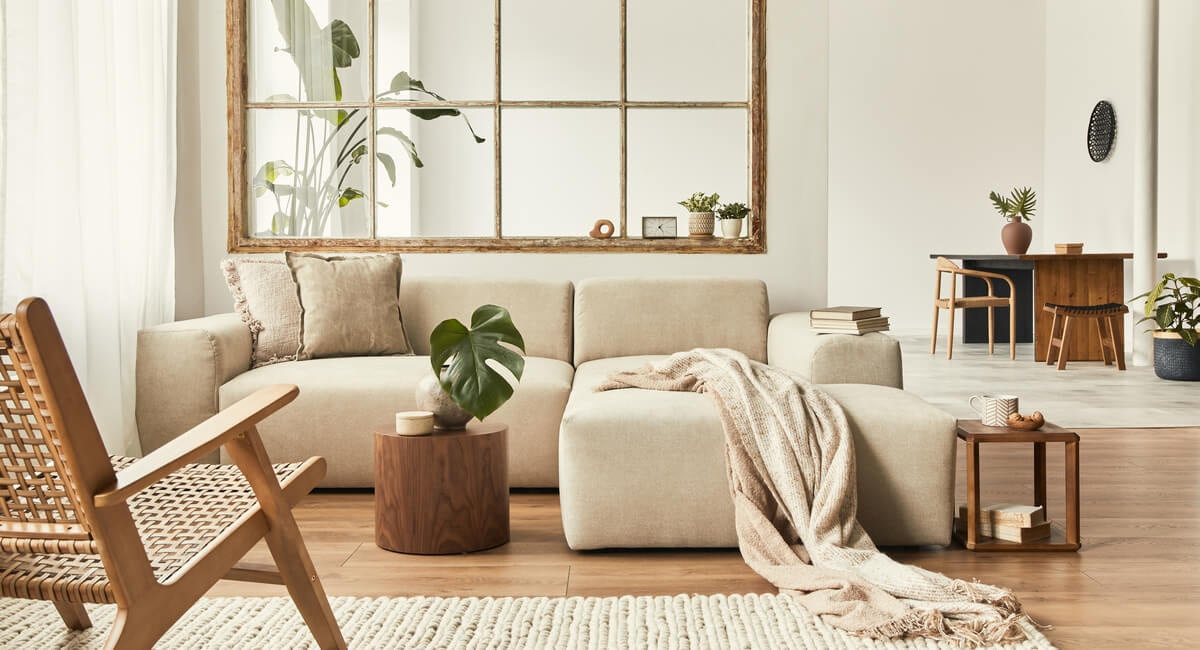
Don’t: Use Bright Colors or Bold Patterns
Bold paint or wallpaper may be your preferred style, but potential buyers might not respond well to it. If your home has any loud colors or patterns, consider repainting in a soft or neutral shade. This ensures that your house appeals to all buyers regardless of their color preferences. With a basic, neutral color scheme, buyers can more easily imagine how they’d like to design and decorate the space.
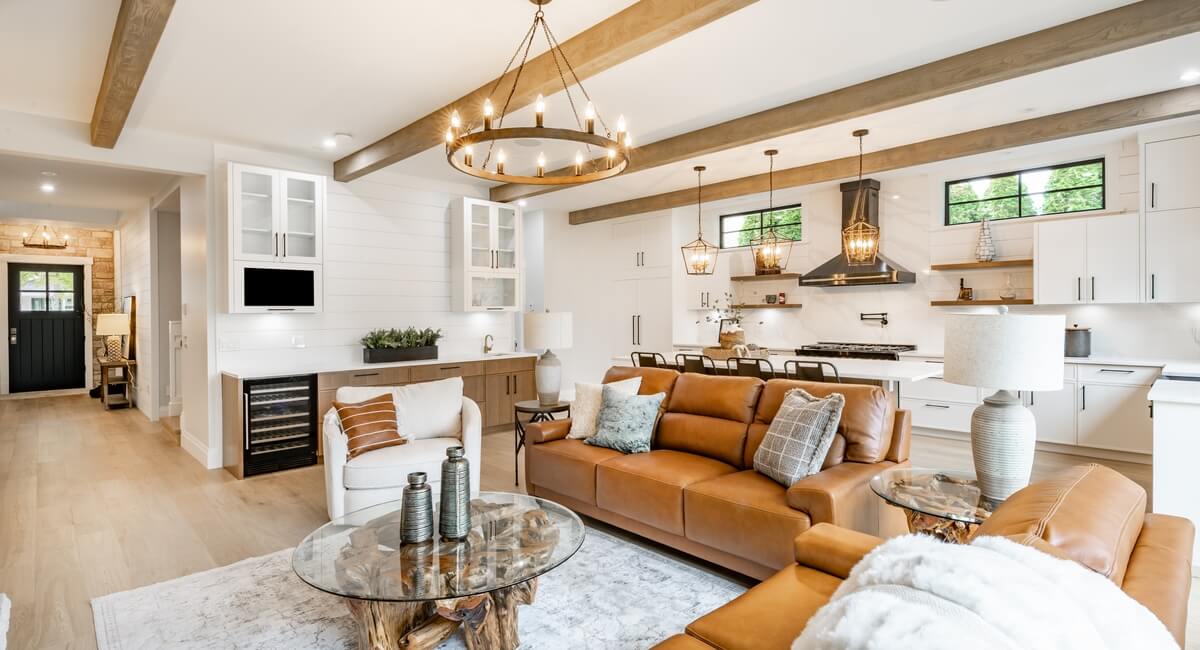
Do: Give Every Room a Purpose
In a staged home, every room has a specific and distinct purpose. While a combined guest bedroom and home office might be perfect for your needs, try to stick to one function per room when staging your house. If you use a spare room only as storage space, remove your belongings and add a bed and dresser to showcase it as an extra bedroom. Alternatively, you could convert a spare room into a home office. Displaying a clear purpose for each room in your home will make the property look more functional and practical to buyers.
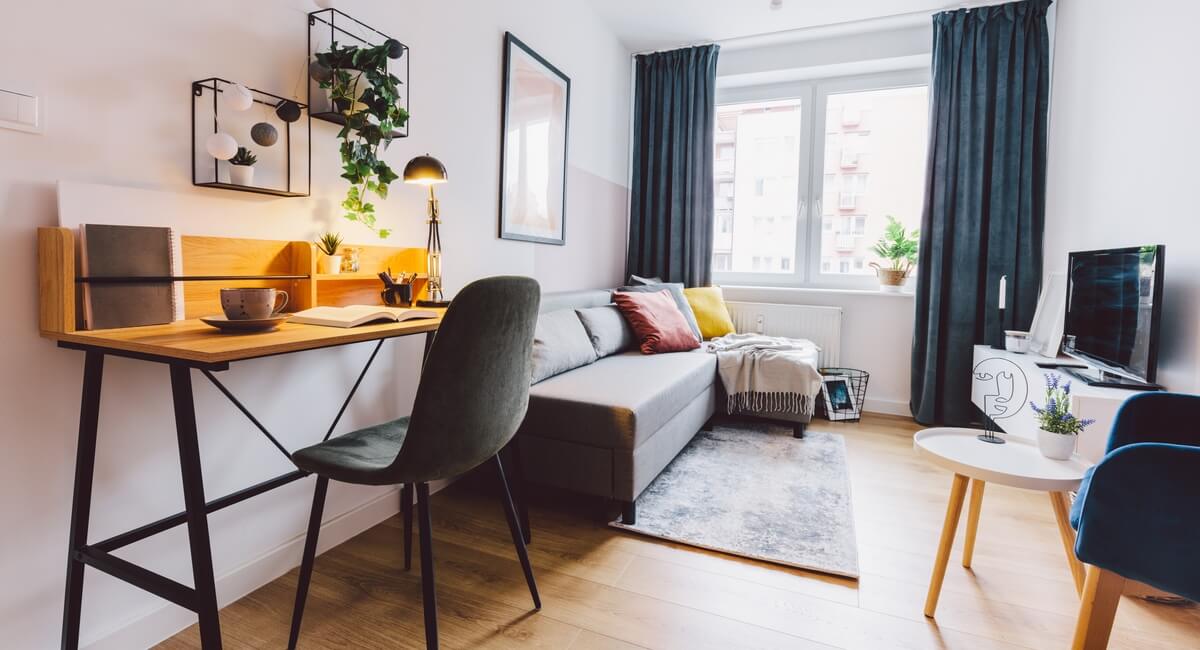
Don’t: Include Personal Decor
One of the main goals of staging is to make the house look neutral and impersonal, which allows buyers to imagine themselves and their families living in the space. If your home is decorated with family photos or other personal belongings, it’s difficult for buyers to envision the house as their own. Replace your personal photos, artwork, and memorabilia with more generic decor to help the home appeal to a wider pool of buyers.
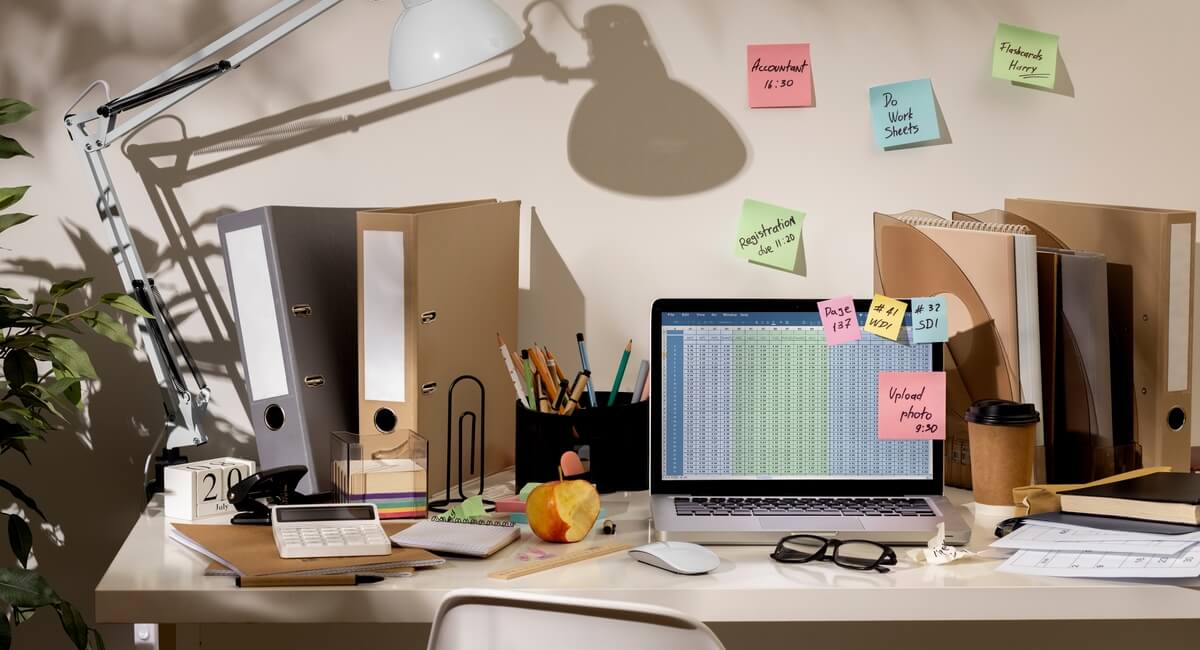
Do: Clean Thoroughly
A clean home creates a much stronger first impression, so your home should be completely spotless before taking pictures or inviting potential buyers inside. Scrub down all the kitchen surfaces, mop the floors, and shampoo the carpet. Wipe down the baseboards, dust the ceiling fans, and wash the windows. If possible, open up your windows for a day or two before a showing to let fresh air in.
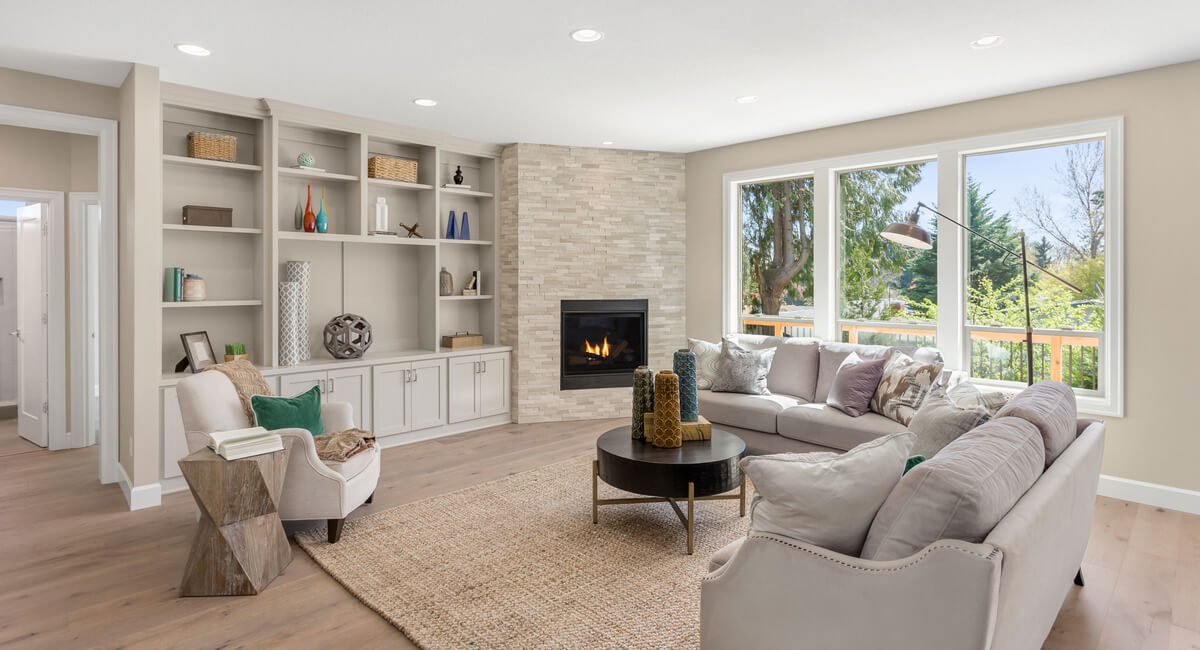
Don’t: Buy New Furniture
If your furniture is old or worn out, you might worry that you have to purchase new items to properly stage your home. However, there are several practical alternatives to buying new furniture. Try hiding imperfections with throw blankets or pillows, or use couch or armchair covers to refresh your upholstered furniture. If you can’t find any way for your current furniture to look good, consult with your real estate agent about renting some items for showings. Many agents have connections with local companies that can assist with short-term furniture rentals.
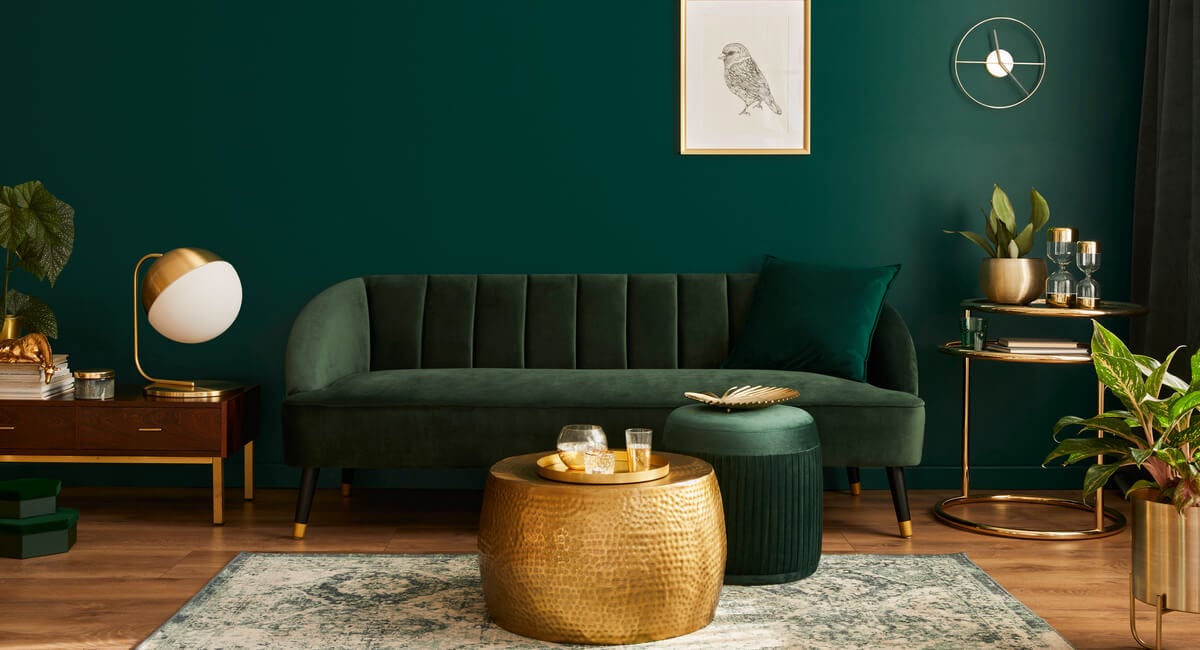
Do: Add Finishing Touches
Although you should remove most personal items and decorations when staging, you don’t want your home to look completely bland or soulless. You can create life and warmth in the house by adding some finishing touches. For example, you could place some throw pillows and blankets on the couches to make your living room feel cozier, or you could put a bowl of fruit or a vase of flowers on the kitchen counter to add some color.
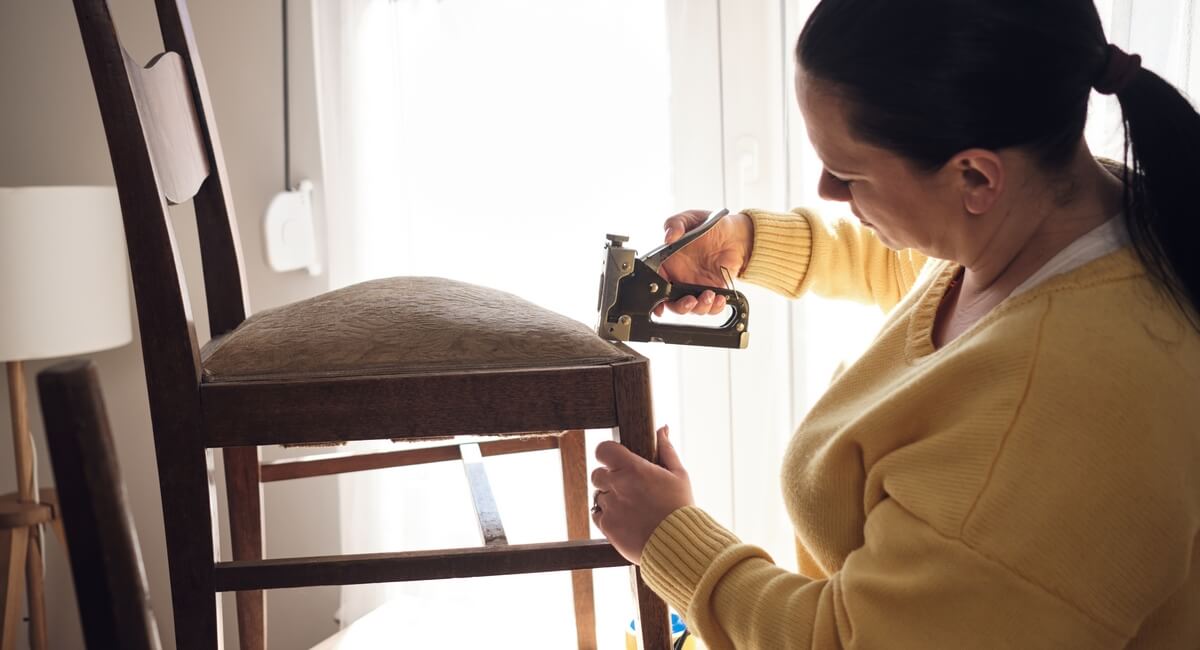
Don’t: Neglect Small Repairs
Home buyers can be extremely observant, so they’re likely to notice small problems like leaky faucets, chipped paint, or damaged caulking. Making some minor repairs before a showing can have a big payoff. Focus on the small issues that you can repair yourself with little or no cost.
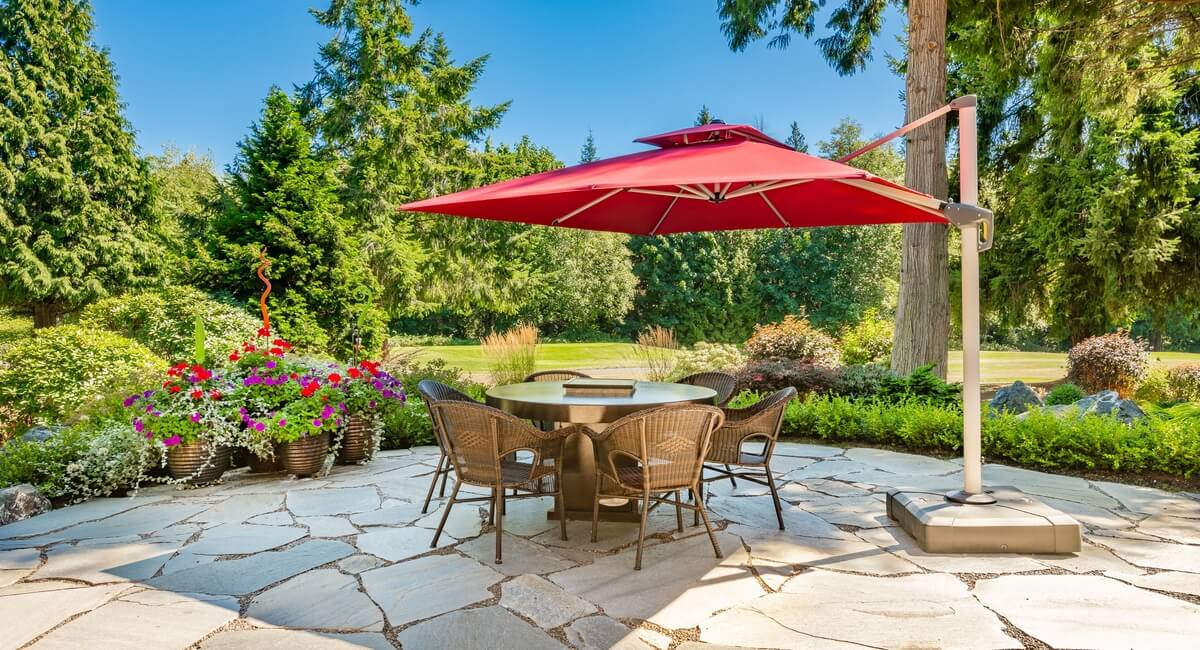
Do: Focus on Curb Appeal
The exterior of your home is the first thing potential buyers will see, so staging the outside of the property is just as important as staging the inside. Remove any clutter from your yard or porch, and wash the driveway and walkway before showings. Make sure the lawn is mowed and the garden is tended to. You can also add some final touches to your home’s exterior, such as a welcome mat or a hanging basket of flowers.
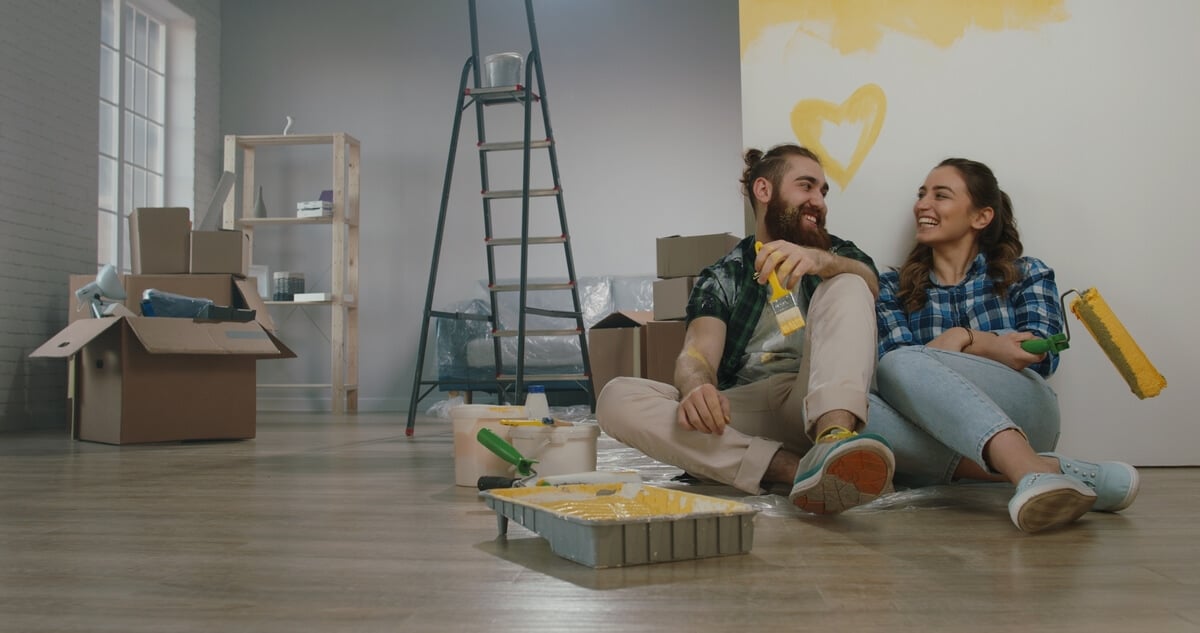
Don’t: Pursue Big Renovations
When selling your home, major upgrades aren’t always worth the time, effort, and money. Before planning a big renovation, consider whether you’ll get a return on your investment. If your home is already in a similar condition to the other properties in your area, you probably don’t need to make any significant upgrades. Instead, focus your attention on the smaller cosmetic details that will help your home shine.
Home staging isn’t an easy task, but it’s worth it for the results you can receive. To properly stage your home, focus on making every room clean, spacious, bright, and purposeful. Avoid displaying personal items or using loud colors or themes. If you have any questions about the staging process, consult with your real estate agent. With support from your agent, you can transform your home into a picture-perfect property that buyers will love.


